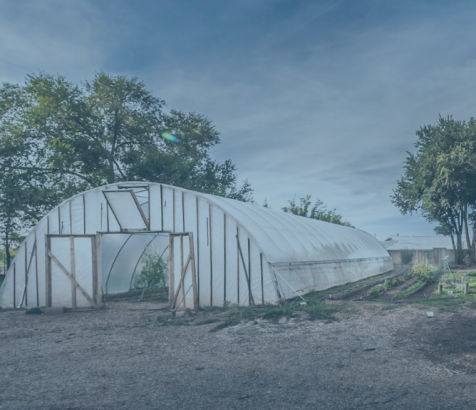Our Work
All Teams and Campaigns
Our network brings people together to fight for a world without toxic chemicals.
Learn more about our campaigns and teams:
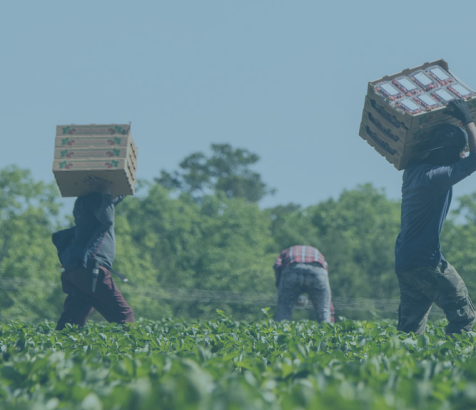
Farmworker Health and Justice
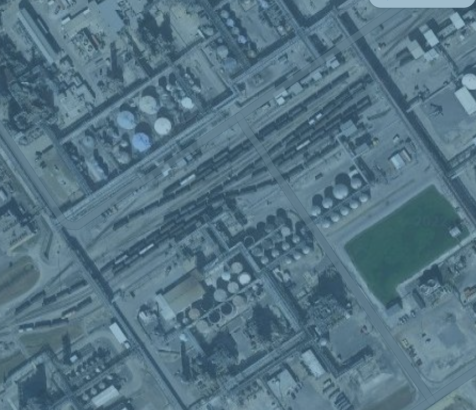
Chemicals, Food, Agriculture and Climate
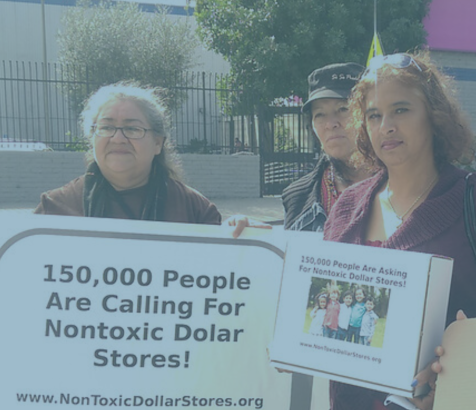
The Campaign for Healthier Solutions
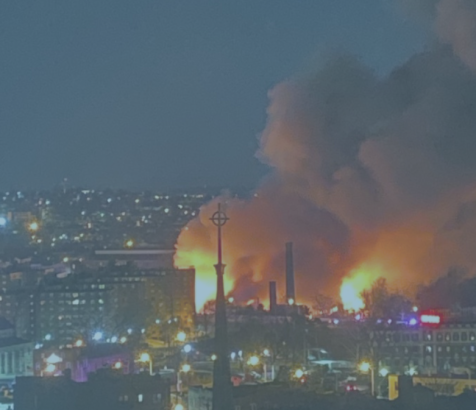
Chemical Disaster Prevention Program
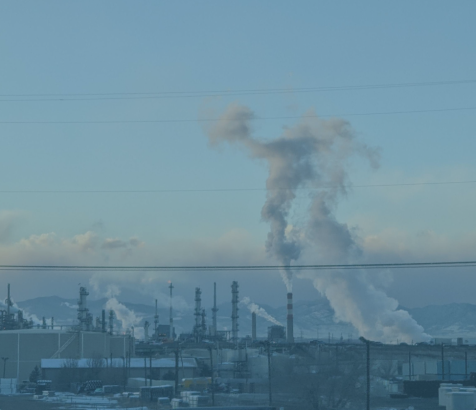
Zero Emissions Whole Communities
Tackling problems at the intersection of environmental health and justice issues is hard. It takes insight and a unique approach to go toe-to-toe with well-funded, entrenched corporate interests—and win.
 How can we effectively counter the political power of the chemical and fossil fuel industries? By fighting fire with water. We take a unique, consensus-based, and collaborative approach—uniting organizations, experts and activists across the environmental health and justice movements—to cultivate grassroots power and impact decision-making from inside the beltway to boardrooms across America. We find synergies which allow everyone’s unique strengths to shine, and focus these strengths on a common effort: environmental health and justice that leaves no community behind.
How can we effectively counter the political power of the chemical and fossil fuel industries? By fighting fire with water. We take a unique, consensus-based, and collaborative approach—uniting organizations, experts and activists across the environmental health and justice movements—to cultivate grassroots power and impact decision-making from inside the beltway to boardrooms across America. We find synergies which allow everyone’s unique strengths to shine, and focus these strengths on a common effort: environmental health and justice that leaves no community behind.
By uniting grassroots activists with lobbyists in Washington, DC, we give advocates the moral authority to be compelling and we help local organizations achieve a national impact. By connecting scientists studying environmental health problems with fenceline communities living on the frontlines, we help people suffering from pollution fight back. With the Principles of Environmental Justice and the Jemez Principles for Democratic Organizing as our code of ethics, and the Louisville Charter for Safer Chemicals as our roadmap to reform, we’re creating a healthier, safer world for everyone.
—Judy Robinson
Executive Director, Coming Clean
Our Work Share this page: |
The Campaign for Healthier Solutions Farmworker Health and Justice Team Chemical Disaster Prevention Program |
Subscribe to our |
© 2026 Coming Clean Inc. | Coming Clean, Inc., 28 Vernon Street, Suite 434, Brattleboro, VT 05301 • (802) 251-0203


